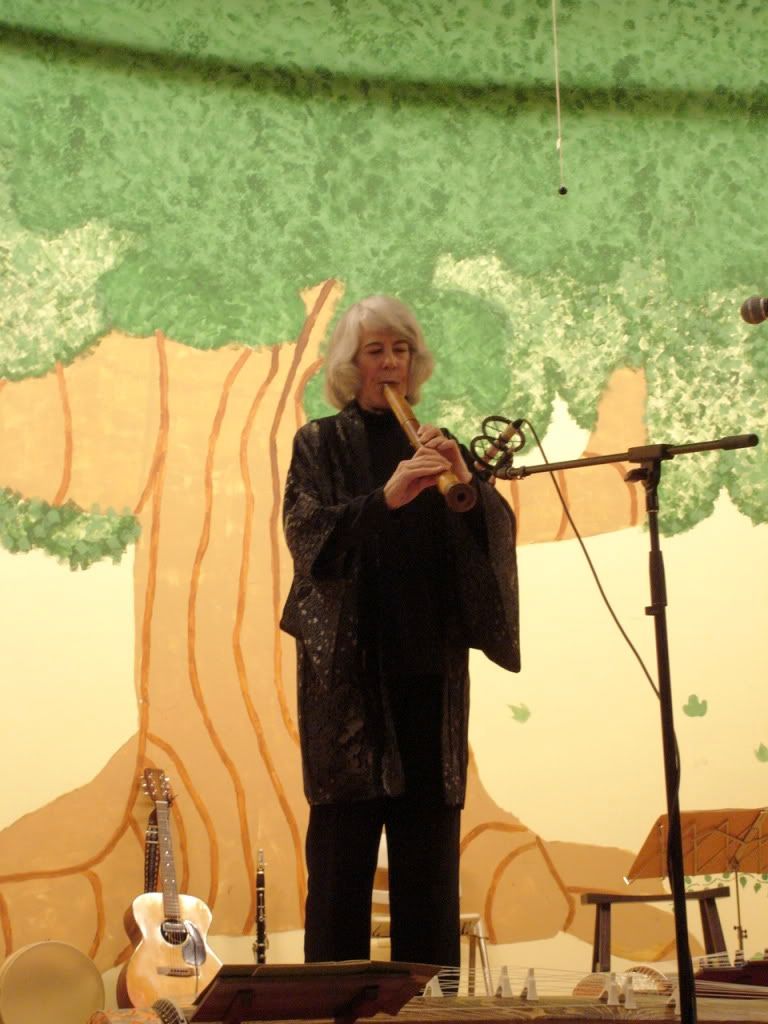environment Politics: conservation Dick Cheney energy policy Fukushima Japan
by Warren
leave a comment
Meta
SiteMeter
Brighter Planet
Year 2, Month 3, Day 27: You Call THAT a Disaster? Hah! I’ll Show YOU a Disaster!
John Sanbonmatsu has a piece in the Christian Science Monitor that pulls no punches in its headline: “Japan’s nuclear crisis pales in comparison to destruction from global climate change.” It’s well worth a read.
Sent March 18:
The Fukushima disaster is sure to have extensive generational repercussions, although it’s essentially a short-lived phenomenon; an isolated failure of technology in response to an extreme seismic event. As John Sanbonmatsu makes clear, the ongoing crisis of climate change is a slow-motion catastrophe of much greater magnitude and significance. Japan’s agony provides an opportunity to realize how inadequately we’ve prepared for worst-case events, combining a touching faith in technological solutions with a blinkered inability to address problems before they become emergencies. We need increased investment in renewable energy; we need a “smart grid”; we need updated infrastructure. But more importantly, the national philosophy underlying our approach to energy must be completely transformed. American energy policy must be based first and foremost on principles of efficiency and reduced consumption; the petrocentric Cheneyism that snidely decreed conservation merely a “sign of personal virtue” is in its essence both anti-American and anti-human.
Warren Senders
music October 24 Action: Japan japanese music koto shakuhachi wabi-sabi
by Warren
leave a comment
Meta
SiteMeter
Brighter Planet
Playing for the Planet: Elizabeth Reian Bennett and Ayakano Cathleen Read
I have always been tremendously moved by the spare elegance of Japanese classical music. The modal environment triggers my affection for some of the popular Hindustani pentatonic ragas, while the rough edges, empty spaces and fantastically varied qualities of attack, sustain and decay force me into a more Cagean listening space.
This aesthetic of open space contrasts greatly with Indian music’s demand for a continuously saturated surface; as a khyal singer I am always engaged in that supersaturation, and I love it…but at times I envy the sparse and evocative economy of Japanese melodic lines — so different, and yet so similar.
Need I point out that Japan (an island nation) is particularly vulnerable to the rising ocean levels which will be triggered by catastrophic climate change?
The music presented on Saturday night by Elizabeth Reian Bennett, Ayakano Cathleen Read and Charles Hughes was a beautiful glimpse into an ancient tradition rarely heard today. I am deeply grateful for their performance.

